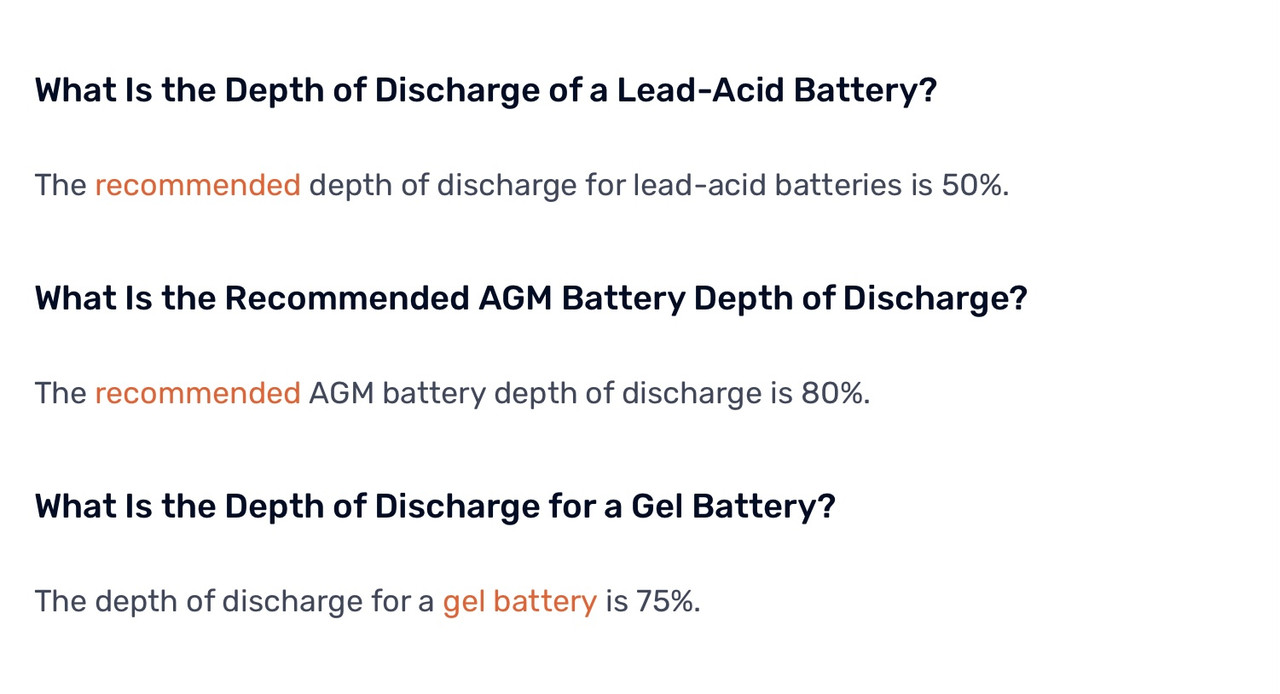If you are considering moveable or adjustable PV panels, this NOAA web page has links to download a spreadsheet that you can use to determine the sun's elevation angle (and sunrise / sunset, amongst many other things) for your Latitude and Longitude at various times of the year. This may help you orient or angle your panels as the seasons go by.On boats you don’t need very long cables either! If and when we go down the renewables route, I think a bunch of solar panels and a wind turbine on the garage roof will be the best option. We’re on a bit of high ground, so wind is more plentiful than the sun, to be honest!

Solar Calculator - NOAA Global Monitoring Laboratory
GML conducts research on greenhouse gas and carbon cycle feedbacks, changes in aerosols, and surface radiation, and recovery of stratospheric ozone.
gml.noaa.gov


